Seeing someone you care about struggle with a substance abuse disorder or mental health condition can be incredibly difficult. It’s natural to feel a mix of emotions – worry, frustration, helplessness, and even anger. You want to help, but you might not know where to start.
At Asher Behavioral Health, we understand the challenges faced by families and friends and want to equip you with the tools to navigate this journey alongside your loved one.
Educating Yourself – Understanding the Condition
The first step is knowledge. Familiarize yourself with the specific condition your loved one might be facing. Whether it’s depression, anxiety, or addiction, there are resources available to help you understand the symptoms, causes, and treatment options. Look for reputable sources like the National Institute of Mental Health or the Substance Abuse and Mental Health Services Administration. Here are some key benefits of educating yourself:
- Reduced stigma: Understanding the condition can help combat any misconceptions or negative thoughts you might have.
- Increased empathy: The more knowledge you have, the better you can connect with your loved one’s experience.
- Empowerment to support: Knowing treatment options allows you to advocate for your loved one and guide them toward getting the help they need.
Communication – The Cornerstone of Support
Open and honest communication is crucial. Choose a calm and private moment to express your concern. Focus on “I” statements, like “I’ve noticed you seem withdrawn lately,” instead of accusatory language. Here are some tips for fostering healthy communication:
- Listen actively: Give your loved one your full attention and avoid interrupting.
- Focus on feelings: Validate their emotions and let them know you care.
- Avoid ultimatums: Threats or pressure won’t lead to positive outcomes.
- Offer support, not solutions: Instead of dictating what they “should” do, let them know you’re there to help them find solutions.
Remember, communication is a two-way street. Be patient, understanding, and prepared for the possibility that they might not be receptive at first.
Setting Boundaries – Protecting Yourself and Your Loved One
While it’s essential to be supportive, setting healthy boundaries is crucial for your well-being.
- Don’t enable: Avoid covering for their behavior or taking responsibility for their actions.
- Prioritize self-care: Don’t let your loved one’s struggles define your life. Make time for activities that help you manage stress and maintain mental and physical health.
- Seek external support: Consider joining a support group for families dealing with similar situations. Talking to others who understand can be incredibly helpful.
Taking care of yourself allows you to be a stronger support system for your loved one in the long run.
Remember – You’re Not Alone
The journey to recovery is rarely linear. There will be setbacks, but there will also be moments of progress. Celebrate the wins, no matter how small.
Here at Asher Behavioral Health, we have a team of experienced professionals dedicated to helping individuals and their families navigate the complexities of mental health and substance abuse. We offer a variety of evidence-based treatment programs and support services designed to empower your loved one on their path to recovery.
If you are struggling to support a loved one with a mental health or substance abuse disorder, please don’t hesitate to contact us. We’re here to help. You can call us at (833) 880-4357 to learn more about our programs and services.

